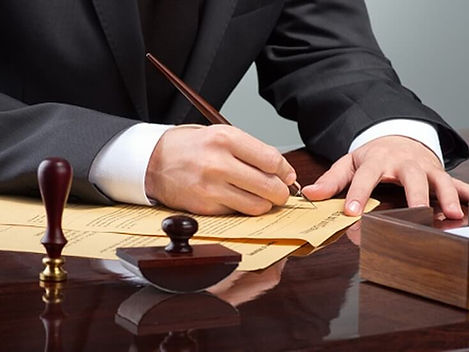Hey Artist! You are the most passionate creator in the world. You conceive your idea like a baby. Further, you nurture and develop the same into your creation/piece of art. All these require hard work, talent, and persistence. Imagine how devastating it will be to know that someone has blatantly copied the fruit of your hard work. Even worst, what if you have unknowingly copied someone else’s work? It is scary! Let me tell you a way out. Just grab the protection and prevention kit known as ‘copyright’. I recommend that every artist must be aware of the basics of Copyright law to avoid such mishaps.
Copyright is the principal law which governs the creation and expression of an Art/work. Therefore, every artist should at least know the following five basic points of Copyright law. Let’s count at the fingertips!
- The Copyright law protects a wide range of original work including literary work (books, speeches, magazine and newspaper articles, novels, stories, poems, essays, etc.), musical work, artistic work (drawings, paintings, photographs, comics, sculptures, architectural works, maps, etc.), dramatic work (plays, operas, and dance, etc.), Cinematographic film, sound recording, and computer software.
- Copyright does not protect facts, historical incidents, news, ideas, concept, principles, words, phrases, title, names, symbols, work in the public domain, etc.
- Registration of the work is not mandatory under Indian Copyright law (Copyright Act, 1957). However, it is desirable to get your work registered before you share it with any other person. The registration is the prima facie evidence of the authorship of the work. If you produce a registered copy of a work, then you do not have to produce any other evidence to prove that you are the rightful author of the work. The burden of proof shifts to any other person who is contradicting that you are the author of the work.
- Generally, I find my clients confused with Copyright assignment and Copyright license. There is a difference between the two. An assignment of copyright is a transfer of ownership. It must always be in writing and signed by the copyright owner. A license simply allows another person to use the work without transferring ownership. For example, if a screenwriter assigns all rights of his script to a production house, then the production house becomes the owner of the script. However, a software developer licenses a user to use the software. The developer remains the owner of the software.
- Apart from economical right, Copyright also consists of moral rights. Moral rights are the special right of the creator/author of a work. These include the right to paternity and the right to integrity. The right to paternity means the right to claim authorship over the work. The right to integrity is the right to claim damages if the work is distorted and that caused harm to the reputation of the author/creator. Please note that the moral right of the author remains in existence even if the author has assigned all his economical rights. A person cannot assign his moral rights. However, s/he can waive off the moral right through a contract.
This article is a trailer to warm you up with upcoming content. In my upcoming posts, I am going to address several practical legal issues faced by you in your professional life as an artist.







